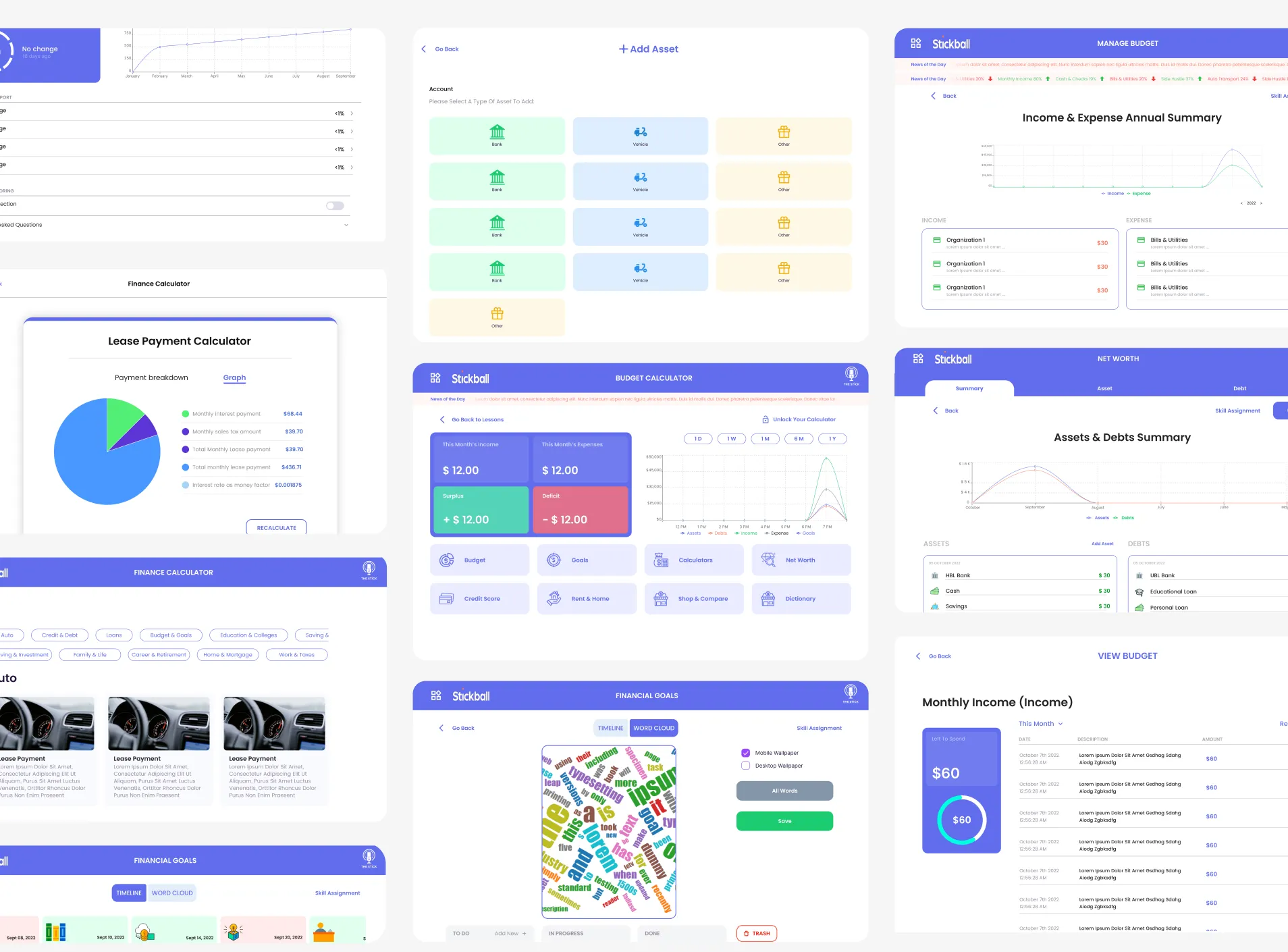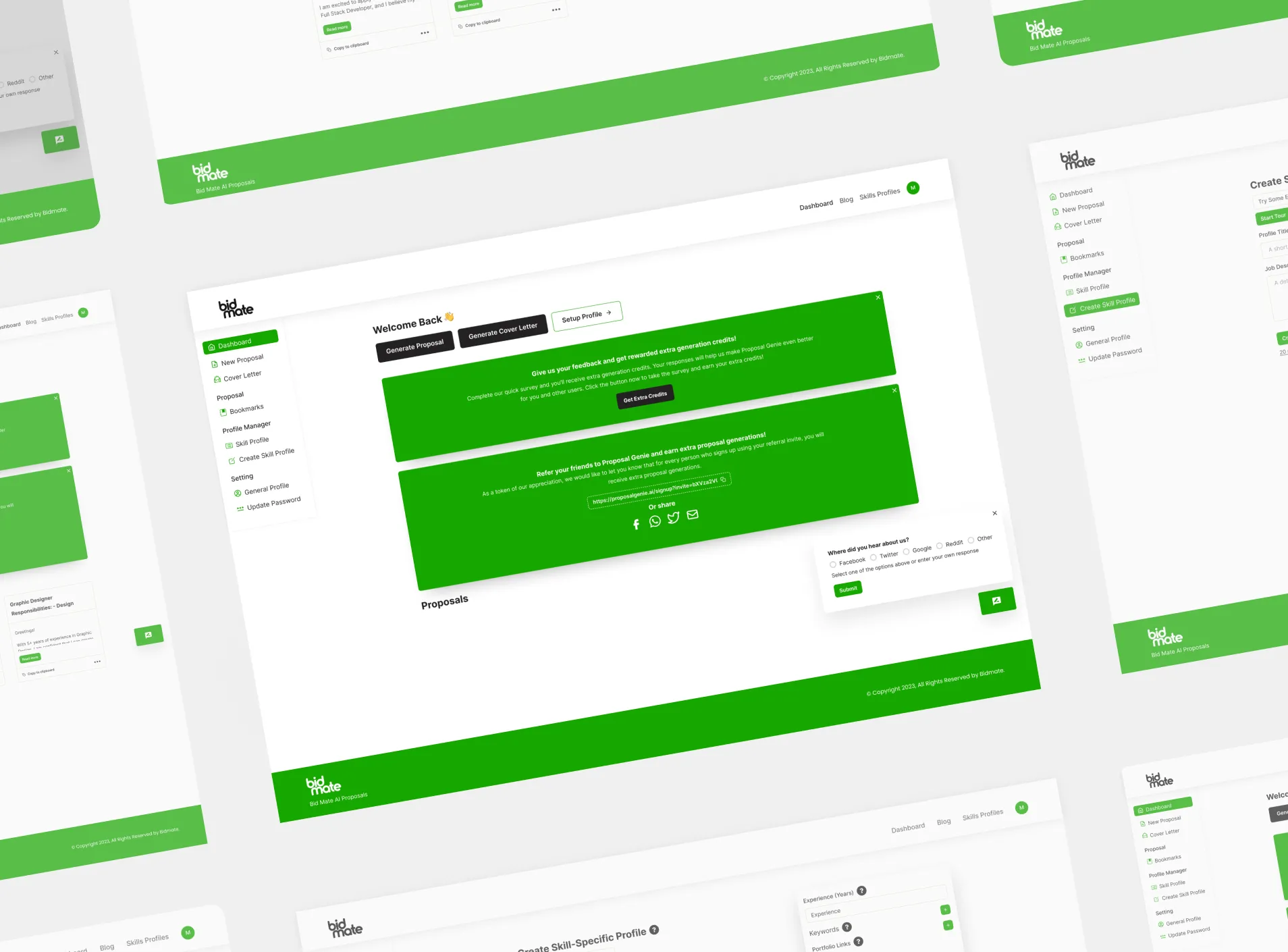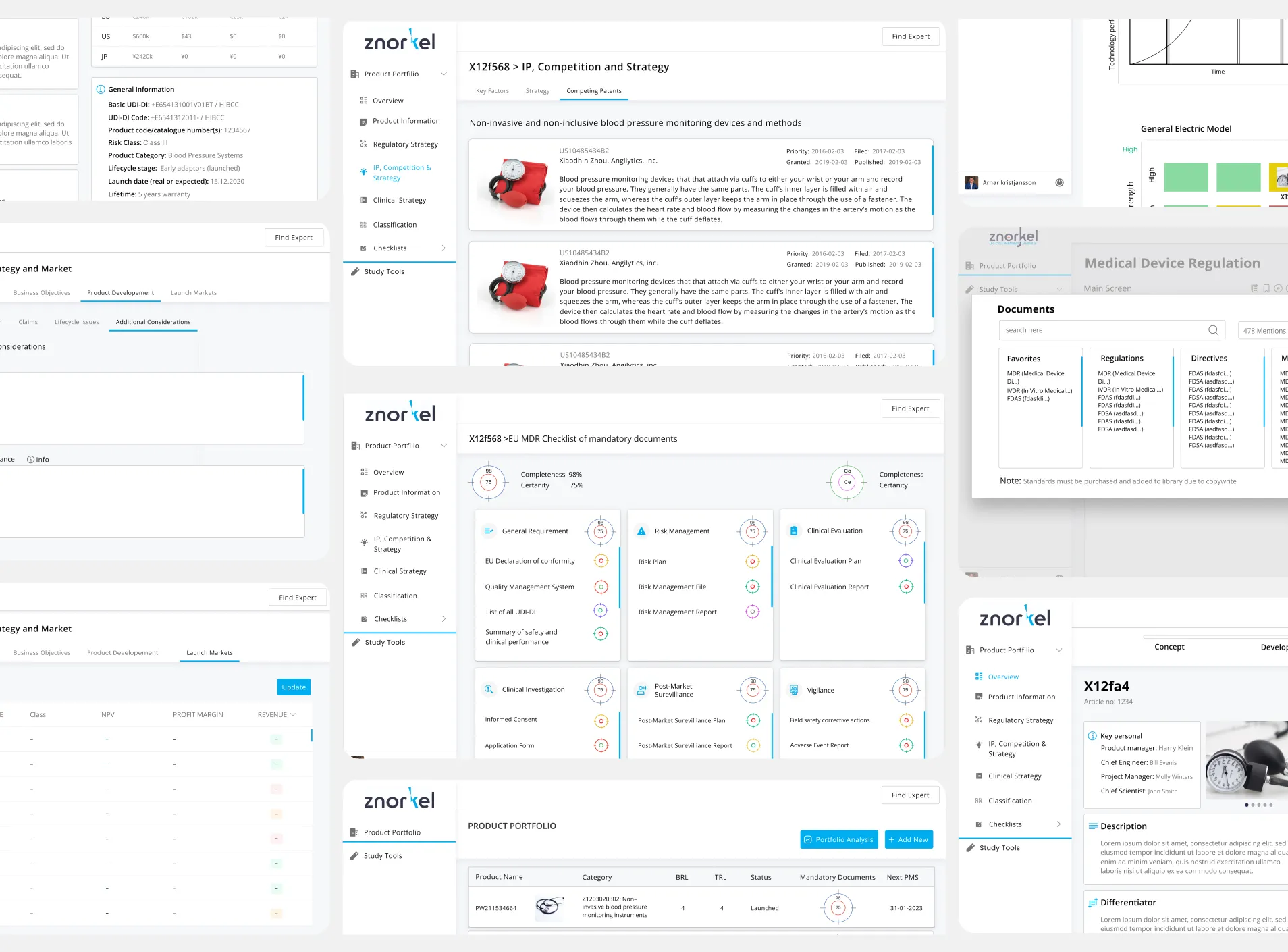
- 06 Nov, 2024
- Software Development
- Project Management
- By Musketeers Tech
Essential KPIs for Development Teams to Excel in Project Management
Development teams are at the heart of business innovation and delivery in the fast-evolving tech landscape. Their performance directly impacts the success of technology initiatives, making monitoring their progress essential. KPIs for development teams are critical tools that help managers ensure their teams are moving in the right direction and aligned with company goals. This guide explores the essential KPIs every development team should monitor to optimize workflows and drive success.
Understanding KPIs in Development
Definition and Importance
KPIs are quantifiable measures used to evaluate the success of an organization or of a particular activity in which it engages. For development teams, KPIs provide insights into various aspects of software development, including project timelines, code quality, and operational efficiency.
Aligning KPIs with Business Objectives
KPIs for development teams are effective because they align with broader business objectives. This alignment ensures that the development team’s work directly contributes to the company’s strategic goals, enhancing productivity and fostering innovation.
Core KPIs for Software Development Teams
Sprint Burndown
This KPI tracks the amount of work completed in a sprint compared to what was planned, providing a clear picture of the team’s pace and helping adjust deadlines and resources as needed.
Velocity
Velocity measures the average amount of work a team completes during a sprint. It can predict future performance and be used for capacity planning.
Commit-to-Deploy Time (CDT)
The time taken from a code commit to deployment is crucial for understanding the responsiveness and agility of the development process.
Lead Time and Cycle Time
These metrics measure the speed at which new ideas are turned into working software, providing insights into process efficiency and helping identify bottlenecks.
Quality Metrics
Code Quality
Tools like SonarQube or CodeClimate can help assess the code’s maintainability, reliability, and security, which are vital for the long-term success of development projects.
Bug Rate
The frequency and severity of bugs found after the software is released indicate the initial quality of the development process.
Test Coverage
This metric ensures that enough of the codebase is covered by automated tests, which is crucial for maintaining code quality over time.
Performance KPIs
Throughput
Throughput is the number of tasks or stories a team completes in a given timeframe, indicating the team’s ability to handle the workload.
Efficiency
This KPI measures the ratio of productive time spent on software development to the total time available, highlighting areas for process improvements.
Resource Allocation
Effective allocation of team resources ensures that every member’s skills are correctly utilized, enhancing productivity and job satisfaction.
Team and Individual Performance Metrics
Team Morale and Satisfaction
Regular surveys and feedback sessions can help gauge the health of team dynamics and overall job satisfaction, significantly impacting productivity.
Individual Contributions
Evaluating the contributions of individual team members helps recognize outstanding performances and identify areas for improvement.
Advanced KPIs
Innovation Rate
This KPI tracks the implementation of new ideas or features, reflecting the team’s ability to innovate and adapt.
Technical Debt Ratio
Balancing quick solutions with the long-term health of the codebase is crucial for sustainable development, and this KPI tracks this balance.
Implementing KPIs Effectively
Choosing the Right Tools
Selecting appropriate software tools is crucial for effectively tracking and analyzing KPIs for development teams. Tools like JIRA, Trello, or Microsoft Azure DevOps can provide comprehensive insights into team performance.
Data-driven decision-making
KPIs enable managers to make informed decisions based on data rather than intuition, leading to more effective management strategies.
Regular Reviews and Adjustments
It’s essential to review KPIs regularly and adjust them as needed to ensure they remain aligned with changing business goals and market conditions.
Conclusion
Implementing the right KPIs is crucial for development teams to enhance productivity and align their efforts with company strategies. By monitoring these performance indicators, team leaders can foster a culture of continuous improvement and drive their teams toward more significant achievements in project management.











.BqrL9sgF_1jVnGp.webp)

